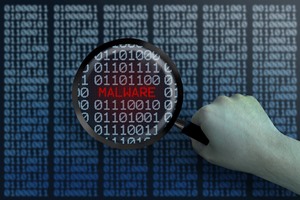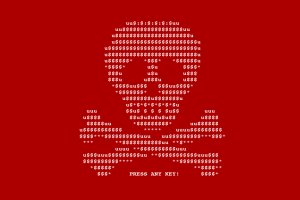What is the Petya ransomware spreading across Europe?
 In May, the WannaCry ransomware virus quickly spread around the world infecting hundreds of thousands of computers and locking their owners out of files. Now, another piece of malware is infecting machines at scale.
In May, the WannaCry ransomware virus quickly spread around the world infecting hundreds of thousands of computers and locking their owners out of files. Now, another piece of malware is infecting machines at scale.
A new strain of malicious code dubbed Petya was first spotted encrypting computers in Ukraine before reportedly infecting systems in Spain, Germany, Israel, the UK, Netherlands and the US. It has impacted a number of industries, with governments, shipping firms, a petroleum giant and even the Chernobyl nuclear reactor all reporting instances of Petya. "It's massive," Christiaan Beek, a lead scientist and principal engineer at McAfee, told about the situation in Ukraine.
Read morePetya ransomware encrypts your hard drives
 It looks like 2016 should be declared a year of ransomware, as new families and new versions are popping up every now and then like mushrooms after the rain. Ransomware is evolving — fast.
It looks like 2016 should be declared a year of ransomware, as new families and new versions are popping up every now and then like mushrooms after the rain. Ransomware is evolving — fast.
The new versions of ransomware use strong asymmetrical encryption with long keys so that files cannot be decrypted without the key. The bad guys have started using TOR and payments in bitcoins for the sake of staying totally anonymous. And now there is Petya ransomware which in a certain sense encrypts the whole hard drive all at once instead of encrypting files one by one. How does Petya get his hands on your PC?
Read more New secured zone of Google Play: secure messenger SafeUM for Android. Download, Install, Communicate
New secured zone of Google Play: secure messenger SafeUM for Android. Download, Install, Communicate
Axarhöfði 14,
110 Reykjavik, Iceland














